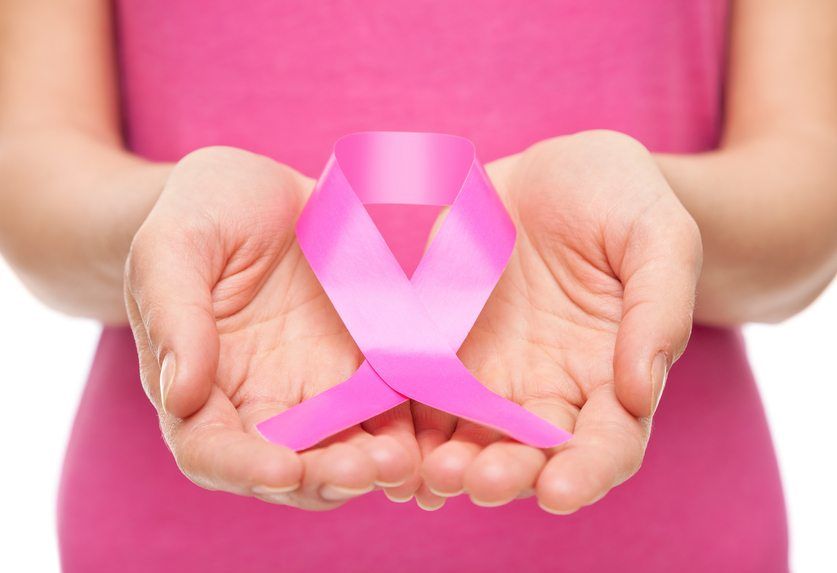A Primer On Breast Cancer
Breast cancer is an uncontrolled development of breast cells. To better understand breast cancer, it is best to understand how it starts off and develops!

Breast cancer is an uncontrolled development of breast cells. To better understand breast cancer, it is best to understand how cancer (in general) starts off and develops.
Cancer happens because of transformations, or anomalous changes, in the qualities in the genes responsible for the development of cells and keeping them healthy. The genes are in each cell’s nucleus, which acts as the “control room” of every cell.
Typically, the cells in our bodies supplant themselves through a methodical procedure of cell development: healthy new cells take over as old ones cease to exist. After some time, mutations can "turn on" specific qualities and "kill" others in a cell. That mutated cell picks up the capacity to continue dividing without control or order, producing more cells like it and creating a tumor.
A tumor can be benign (not dangerous to wellbeing) or malignant (can possibly be hazardous). Benign tumors are not viewed as cancerous: their cells are near typical in appearance, they develop gradually, and they don't attack close-by tissues or spread to different parts of the body. Threatening tumors are carcinogenic. Left unchecked, malignant cells in the long run can spread past the first tumor to different parts of the body.
The expression "breast cancer" alludes to a malignant tumor that has been created from cells in the bosom. Generally, breast cancer either starts in the cells of the lobules, which are the milk-producing glands, or the channels, the passages that drain milk from the lobules to the areola. Although less common, breast cancer can also start in the stromal tissues, which include the fatty and fibrous connective tissues of the breast.
Over time, cancer cells can invade nearby healthy breast tissue and make their way into the underarm lymph nodes, small organs that filter out foreign substances in the body. In the event that malignant growth cells get into the lymph nodes, they now have a pathway into different parts of the body.
Breast cancer is constantly caused by a genetic abnormality (a "botch" in the hereditary material). However, just 5-10% of malignant growths are because of a variation from the norm acquired from your mother or father. Rather, 85-90% of breast cancer are because of genetic abnormalities that occur because of the maturing procedure and the "wear and tear" of life.
There are steps each individual can take to enable the body to remain as solid as would be prudent, for example, eating a balanced diet, keeping up a healthy weight, not smoking, restricting liquor, and exercising consistently. While these may have some effect on your danger of getting bosom disease, they can't dispense with the hazard.
Having breast cancer isn't yours or anybody else's to blame. Feeling remorseful, or revealing to yourself that breast cancer happened as a result of something you or any other person did, is never beneficial.
To talk more with a medical practitioner regarding your health, simply head to SeeYouDoc and filter through doctors based on their name, practice, and location!
References: breastcancer.org
